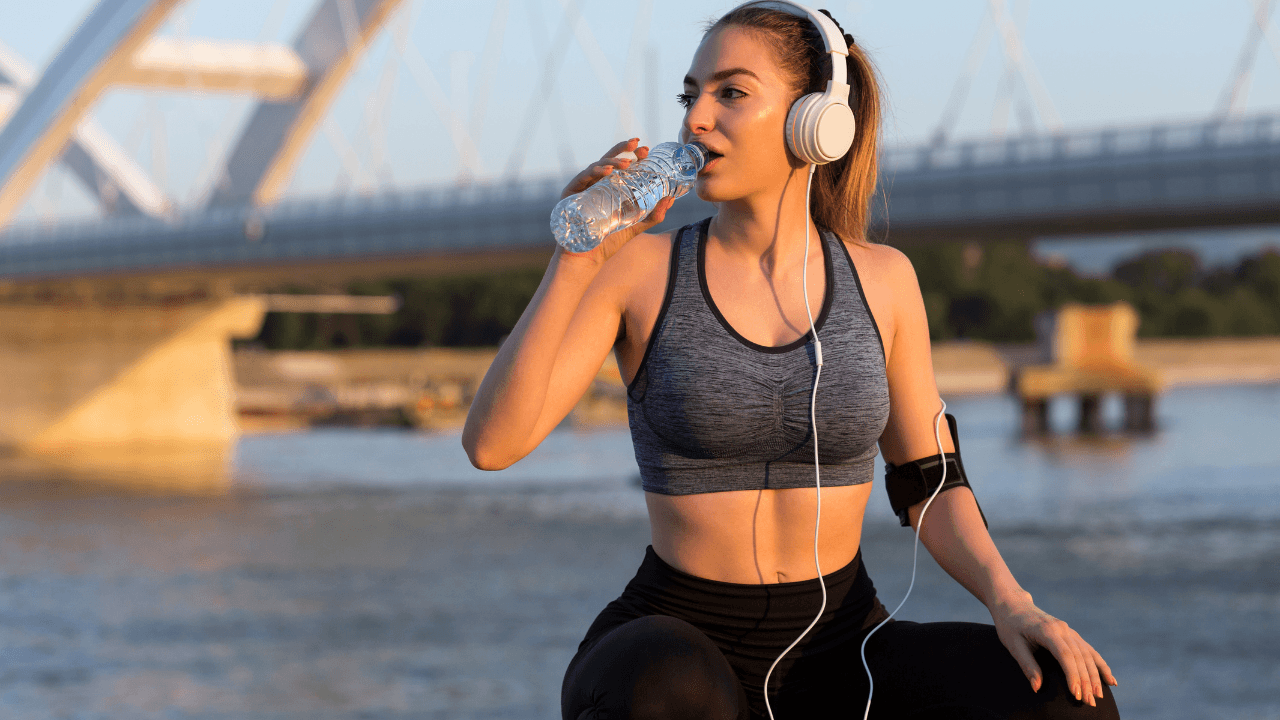
How to Keep Athletes Properly Hydrated
Do you ever wonder how to ensure athletes stay properly hydrated during training and competition?
Proper hydration is essential for peak performance and overall health.
In this guide, we'll cover the importance of hydration for athletes, as well as the best practices for hydrating before, during, and after exercise.
We'll also address common hydration mistakes and provide tips for monitoring fluid intake.
By the end, you'll have a clear understanding of how to keep athletes in top form through proper hydration.
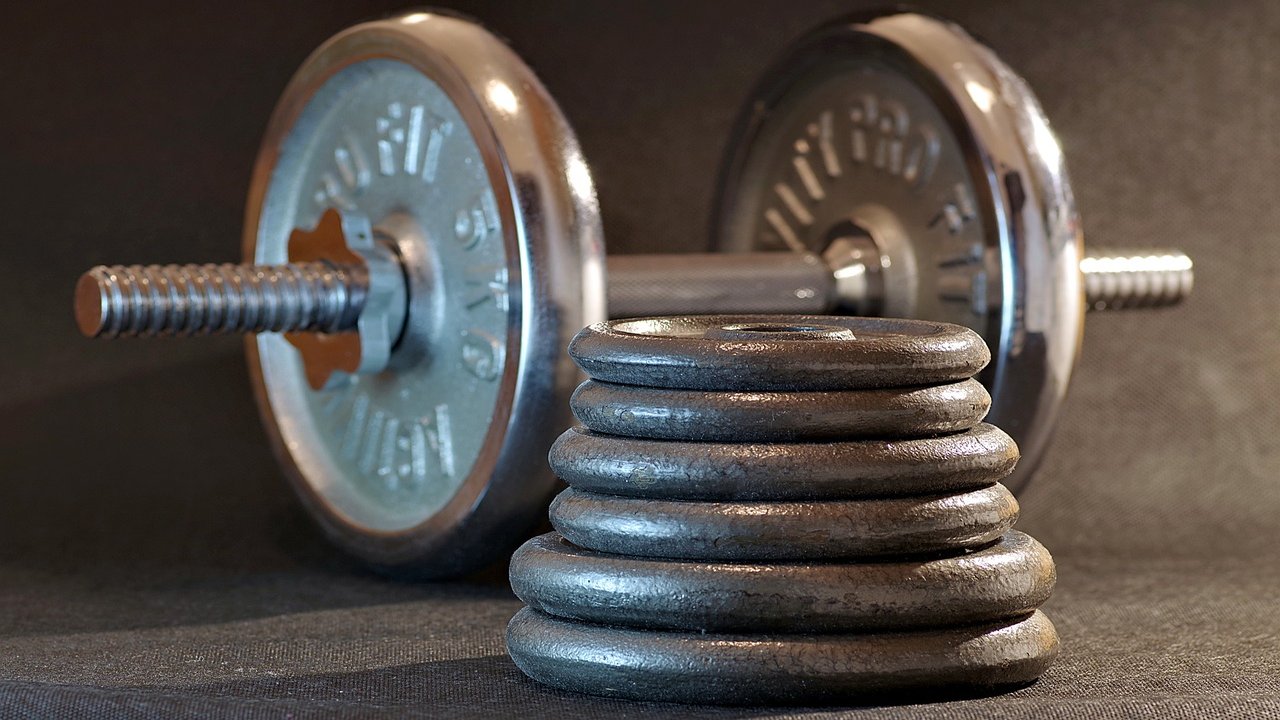
Key Takeaways
- Hydration is crucial for peak performance and overall health.
- Proper hydration before, during, and after exercise helps maintain electrolyte balance and optimize nerve signaling and muscle function.
- Electrolyte replacement is important during prolonged exercise, and sports drinks can be a helpful option.
- Monitoring fluid intake consistently throughout the day, not just during exercise, and tailoring hydration strategies to individual needs are essential for athletes to stay properly hydrated.
Importance of Hydration for Athletes
To maintain peak performance, you need to consistently hydrate your body before, during, and after physical activity. Electrolyte balance plays a crucial role in this process as it affects nerve and muscle function.
When you sweat during exercise, you lose not only water but also essential electrolytes like sodium, potassium, and magnesium. Failing to replenish these electrolytes can lead to dehydration, muscle cramps, and a decline in performance.
Proper hydration maintains the balance of these electrolytes, ensuring optimal nerve signaling and muscle function. The impact of dehydration on performance is significant, with studies showing that even mild dehydration can impair endurance and strength.
Hydration Before Exercise
Before engaging in physical activity, you should hydrate your body with water and electrolyte-rich fluids to ensure optimal performance and prevent dehydration. Pre-game hydration is crucial for athletes, and the timing of hydration is equally important.
Aim to drink about 17-20 ounces of water 2-3 hours before exercise to allow enough time for fluid absorption and to ensure you start your activity well-hydrated. Around 20-30 minutes before exercise, drink an additional 8 ounces of water to “top off” your fluid levels.
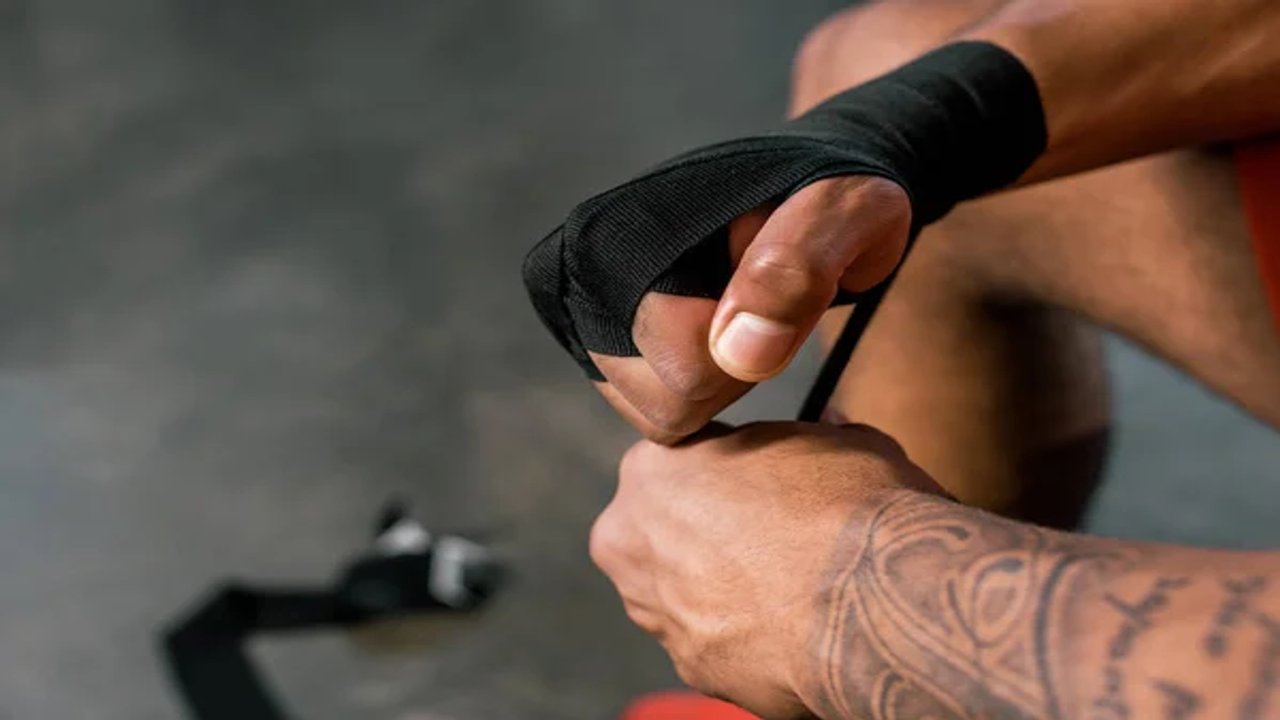
This strategy can help maintain proper hydration status and support performance during your workout or game. Keep in mind that individual fluid needs may vary, so adjusting based on sweat rate, weather conditions, and personal preferences is essential for optimal hydration before exercise.
Hydration During Exercise
During exercise, maintain hydration by consuming small amounts of water at regular intervals to prevent dehydration and sustain performance.
Electrolyte replacement is crucial during prolonged exercise to replenish the minerals lost through sweat.
Consider hydrating with sports drinks that contain electrolytes to help maintain the body's fluid balance.
Hydration strategies should be personalized based on the duration and intensity of the exercise, as well as individual sweat rates.
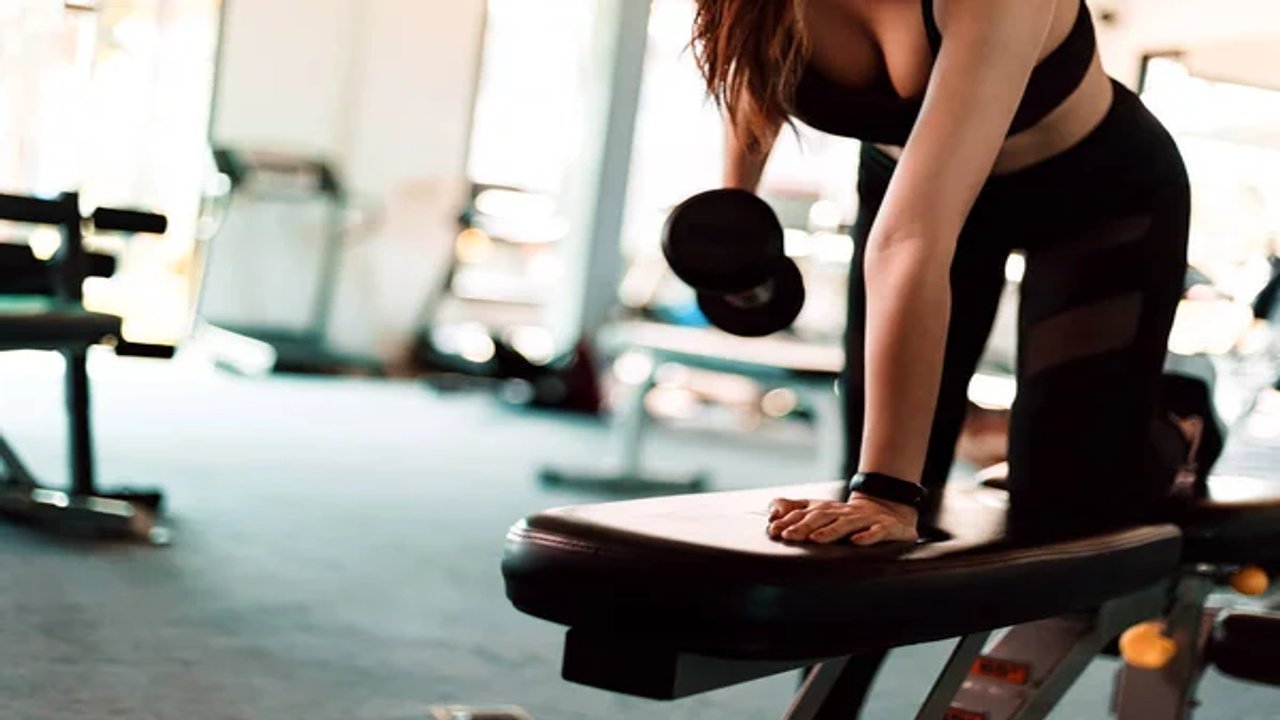
Monitoring your fluid intake and paying attention to your body's signals can help optimize hydration.
Remember to drink before you feel thirsty, as thirst isn't always an accurate indicator of hydration status during exercise.
Hydration After Exercise
After exercise, it's essential to focus on post-workout hydration to aid in recovery and replenish lost fluids and electrolytes.
Proper recovery strategies are crucial to optimize performance and reduce the risk of injury.
Rehydrating with water is a good start, but it's also important to replace lost electrolytes such as sodium and potassium.
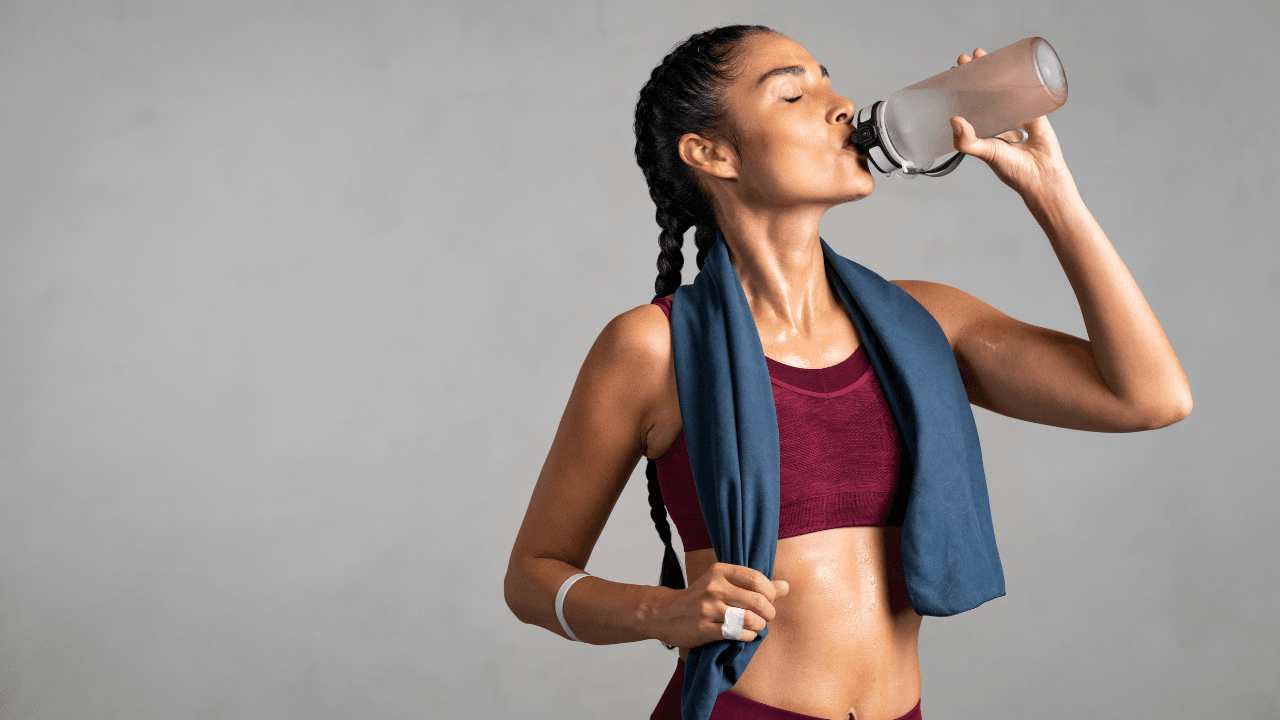
Consuming a balanced post-workout meal rich in carbohydrates and protein can further aid in recovery.
Carbohydrates replenish glycogen stores, while protein helps repair and build muscle tissue.
Including foods with high water content, such as fruits and vegetables, can also contribute to hydration.
Additionally, incorporating post-workout nutrition like smoothies or sports drinks can provide a convenient way to replenish fluids and essential nutrients.
Prioritizing post-exercise hydration and nutrition is key to supporting your body's recovery process.
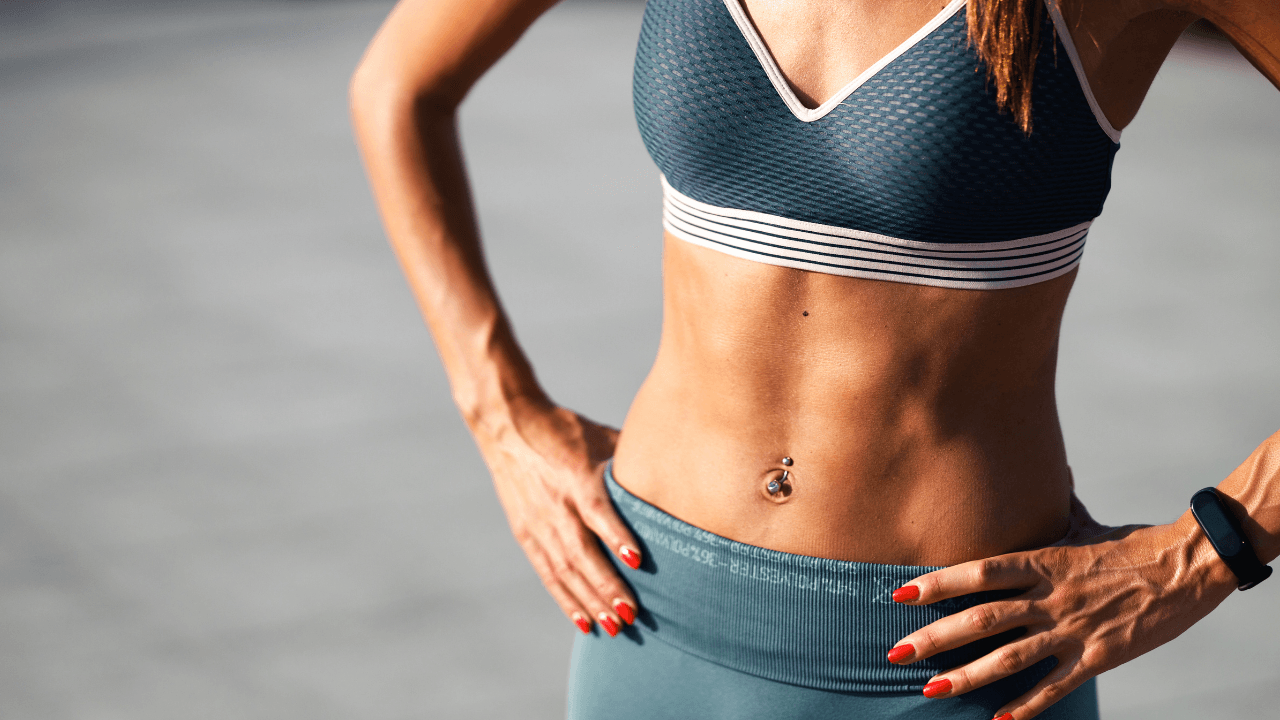
Common Hydration Mistakes
To avoid common hydration mistakes, you should be mindful of your fluid intake throughout the day and not just during exercise. Proper hydration is essential for optimal performance, as even mild dehydration can negatively impact your physical and mental abilities.
One common mistake is underestimating your sweat rate, leading to inadequate fluid replacement. Another mistake is neglecting electrolyte balance, which is crucial for hydration. It's important to have a hydration schedule, ensuring you drink consistently throughout the day.
Rehydration strategies should be tailored to your sweat rate and the duration/intensity of your exercise. Additionally, it's essential to debunk hydration myths such as overhydration being beneficial.
Monitoring Fluid Intake
Ensure that you monitor your fluid intake consistently throughout the day, not just during exercise, to maintain proper hydration levels. Tracking your progress can be as simple as keeping a hydration schedule or using a mobile app to record your fluid intake.
It's crucial to consume fluids regularly, aiming for around 8-10 cups of water per day for sedentary individuals and more for athletes. Hydration schedules can help you stay on track, ensuring you're getting enough fluids without overdoing it.
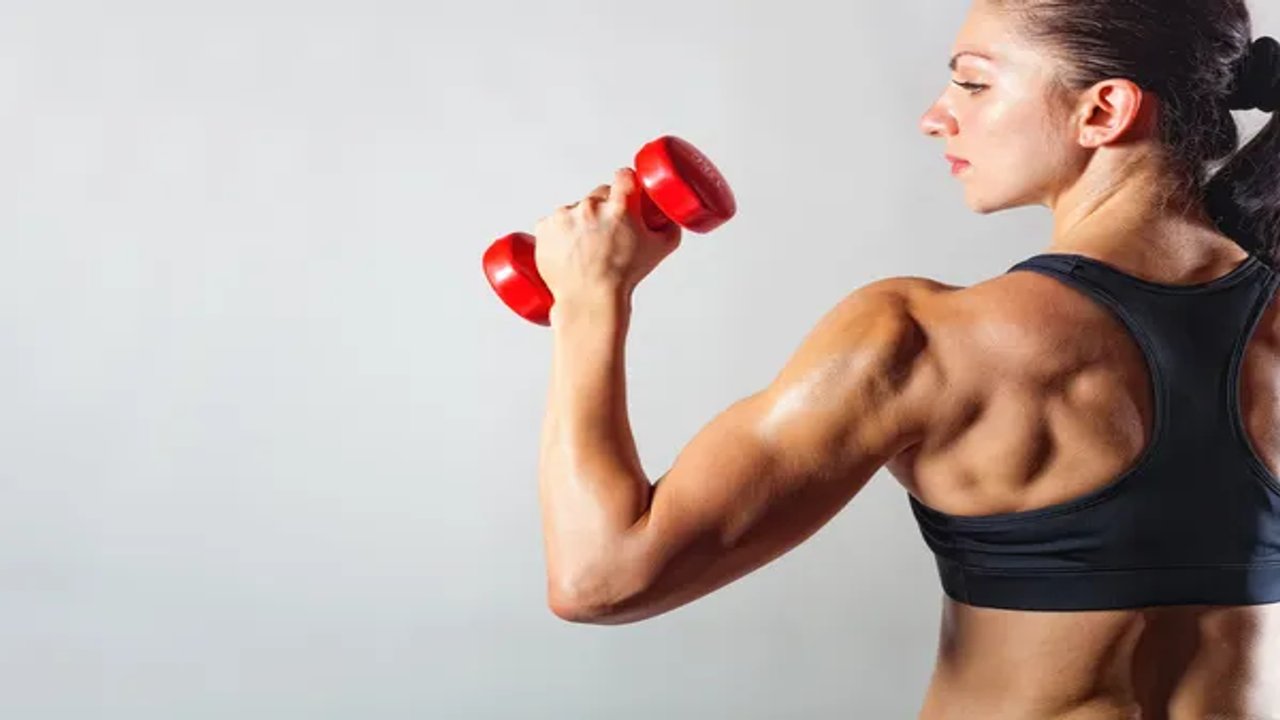
Keep in mind that thirst isn't always a reliable indicator of hydration status, so it's important to be proactive about monitoring your fluid intake. By tracking your progress and adhering to a hydration schedule, you can optimize your hydration levels and support your overall health and athletic performance.
Conclusion
Now that you know the importance of proper hydration for athletes, it's time to put this knowledge into action.
By staying hydrated before, during, and after exercise, you can optimize your performance and reduce the risk of dehydration.
Avoid common hydration mistakes and monitor your fluid intake to ensure you're getting the right amount of hydration for your body.
Keep pushing yourself, but don't forget to keep those water bottles handy!
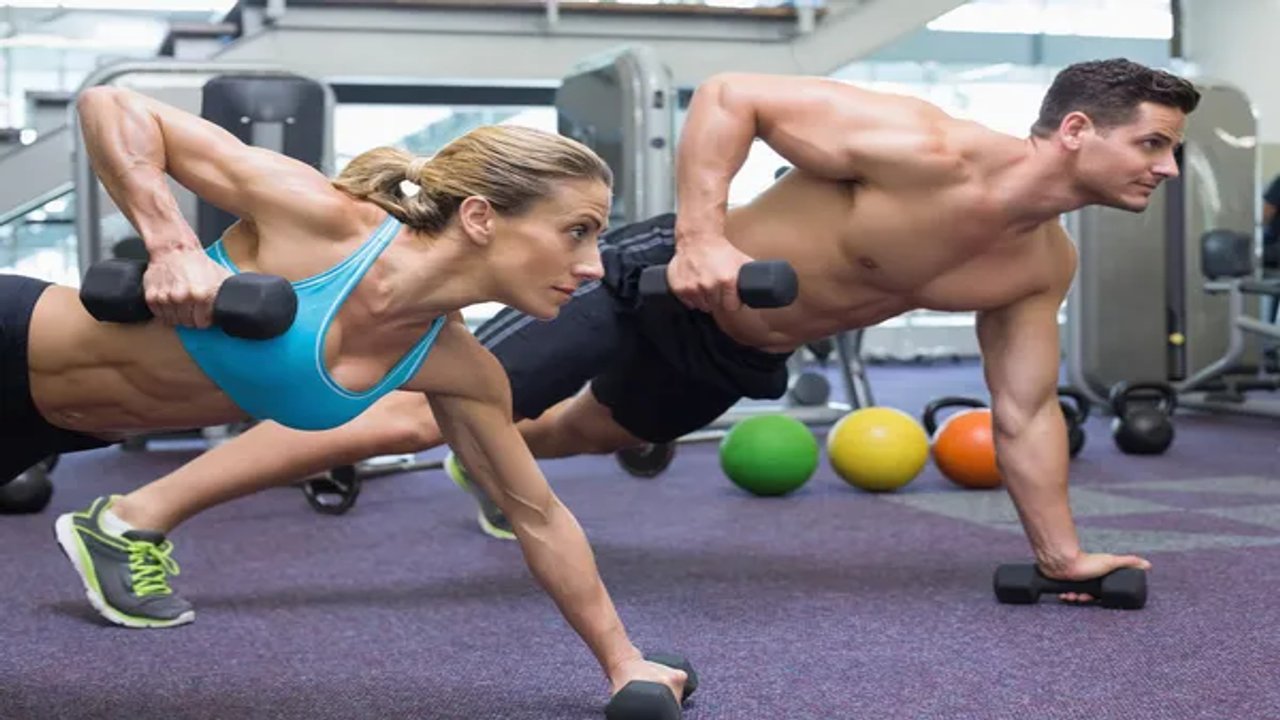
Frequently Asked Questions
Can sports drinks be a good alternative to water for hydration?
Sports drinks can be beneficial during prolonged exercise sessions as they provide electrolytes, carbohydrates, and fluids. However, for shorter workouts, water is usually sufficient.
How does alcohol consumption affect athletic hydration?
Alcohol consumption can lead to dehydration as it is a diuretic, which increases urine production. Athletes should limit or avoid alcohol before and after physical activity.
What are some hydrating food options for athletes?
Athletes can incorporate hydrating foods such as watermelon, cucumber, oranges, strawberries, lettuce, and grapes into their diet to supplement their fluid intake.
How can athletes stay hydrated during outdoor activities in hot weather?
Athletes should drink plenty of fluids before going outside, take frequent breaks in shaded areas, wear lightweight and breathable clothing, and consider using electrolyte-rich drinks to replace lost minerals.
What is the importance of proper hydration for athletes?
Proper hydration is crucial for athletes as it helps improve performance, maintain energy levels, regulate body temperature, and prevent dehydration-related issues.
Can caffeine consumption affect hydration in athletes?
Moderate caffeine intake, such as that found in a cup of coffee, is unlikely to cause significant dehydration. However, excessive consumption may have diuretic effects, so it's best to monitor caffeine intake and balance it with adequate hydration.
Statistics
- Proper hydration promotes optimal brain function, enhancing an athlete's cognitive abilities and decision-making skills.
- Hydration plays a crucial role in maintaining cardiovascular health and promoting optimal circulation for athletes.
- Athletes who stay properly hydrated are less likely to experience heat-related illnesses during intense outdoor training sessions.
- Hydration has a positive impact on an athlete's mood and can reduce stress and anxiety related to training and competition.
- Adequate fluid intake helps athletes maintain optimal joint mobility and flexibility.
- Hydrated athletes have better thermoregulation, allowing them to stay cool and prevent overheating during physical activity.
- Hydration is essential for maintaining a strong immune system, reducing the risk of illnesses that could hinder athletic performance.
- Proper hydration before, during, and after workouts helps athletes maintain their energy levels and delay the onset of fatigue.
- Regular fluid intake enhances focus and concentration, allowing athletes to perform at their best.
- Proper hydration improves an athlete's endurance and helps to maximize their performance.
External Links
How To
How to Stay Hydrated When Exercising in Hot Weather
When exercising in hot weather, it's crucial to take extra precautions to stay hydrated. Start by hydrating before venturing out into the heat. Wear lightweight and breathable clothing to minimize sweating. Take regular breaks in shaded or air-conditioned areas to cool down and drink fluids. Consider using electrolyte-enhanced drinks or sports drinks to replace lost minerals. Listen to your body and adjust your intensity or duration if necessary to prevent overheating.
 HealthWellnessFitnessBeautyVideosPrivacy PolicyTerms And Conditions
HealthWellnessFitnessBeautyVideosPrivacy PolicyTerms And Conditions
